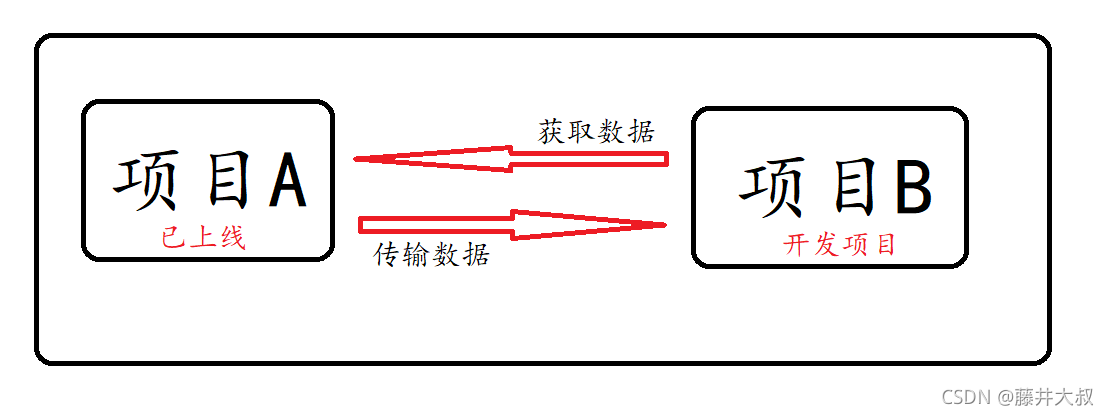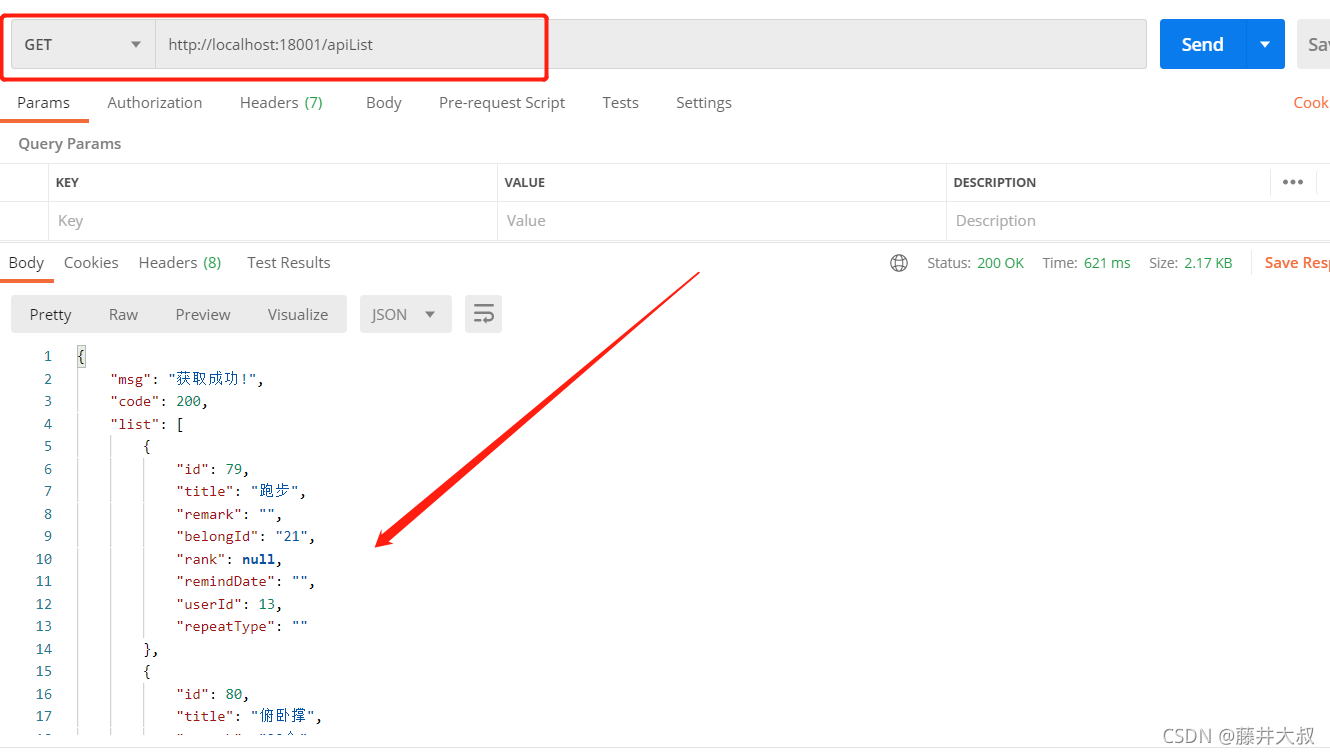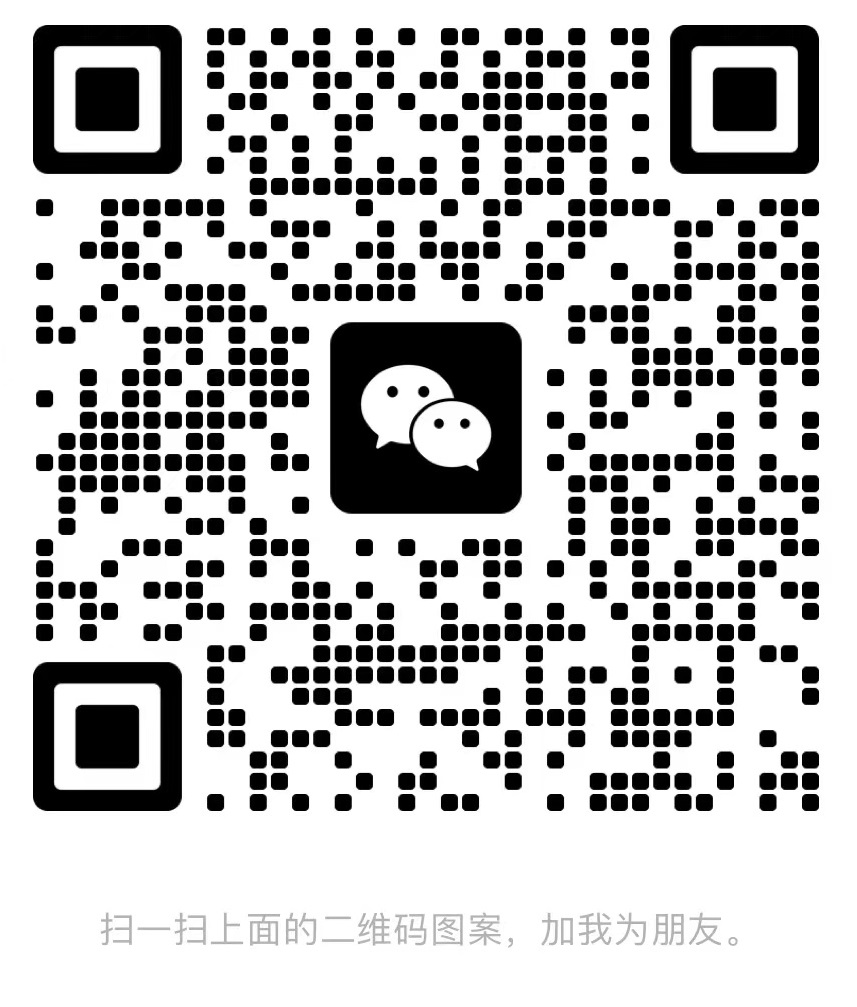Java调用外部Api
在日常开发的时候,经常会遇到需要调用别人的接口的场景。但是每次需要的时候,都需要百度,很麻烦,所以这里总结一下,经常调用的方法。
1.含有文件的post请求
public static String requestOCRForHttp(String url, Map requestParams, String filePathAndName)
throws Exception {
String result = null;
CloseableHttpClient httpClient = HttpClients.createDefault();
/** HttpPost */
HttpPost httpPost = new HttpPost(url);
MultipartEntity reqEntity = new MultipartEntity(); // 建立多文件实例
FileBody filebody = new FileBody(new File(filePathAndName));
reqEntity.addPart("pic", filebody);// upload为请求后台的File upload;
for (String key : requestParams.keySet()) {
String value = requestParams.get(key);
reqEntity.addPart(key, new StringBody(value, Charset.forName("utf-8")));
}
httpPost.setEntity(reqEntity); // 设置实体
/** HttpResponse */
CloseableHttpResponse httpResponse = httpClient.execute(httpPost);
try {
HttpEntity httpEntity = httpResponse.getEntity();
result = EntityUtils.toString(httpEntity, "utf-8");
EntityUtils.consume(httpEntity);
} finally {
try {
if (httpResponse != null) {
httpResponse.close();
}
} catch (IOException e) {
logger.info("## release resouce error ##" + e);
}
}
return result;
}
2.单纯的Json
public static String sendHttpPost(String url, String JSONBody) throws Exception {
CloseableHttpClient httpClient = HttpClients.createDefault();
HttpPost httpPost = new HttpPost(url);
httpPost.addHeader("Content-Type", "application/json");
httpPost.setEntity(new StringEntity(JSONBody));
CloseableHttpResponse response = httpClient.execute(httpPost);
// System.out.println(response.getStatusLine().getStatusCode() + "n");
HttpEntity entity = response.getEntity();
String responseContent = EntityUtils.toString(entity, "UTF-8");
// System.out.println(responseContent);
response.close();
httpClient.close();
return responseContent;
}
3.String参数
public static String requestOCRForHttp(String url, Map requestParams) throws Exception {
String result = null;
CloseableHttpClient httpClient = HttpClients.createDefault();
/** HttpPost */
HttpPost httpPost = new HttpPost(url);
List params = new ArrayList();
Iterator> it = requestParams.entrySet().iterator();
// System.out.println(params.toString());
while (it.hasNext()) {
Entry en = it.next();
String key = en.getKey();
String value = en.getValue();
if (value != null) {
params.add(new BasicNameValuePair(key, value));
}
}
httpPost.setEntity(new UrlEncodedFormEntity(params, "UTF-8"));
/** HttpResponse */
CloseableHttpResponse httpResponse = httpClient.execute(httpPost);
try {
HttpEntity httpEntity = httpResponse.getEntity();
result = EntityUtils.toString(httpEntity, "utf-8");
EntityUtils.consume(httpEntity);
} finally {
try {
if (httpResponse != null) {
httpResponse.close();
}
} catch (IOException e) {
logger.info("## release resouce error ##" + e);
}
}
return result;
}
Java对接外部API这个问题
有一个小学妹来问我可以将我其他项目的api接入到我现在的项目中吗?我回答“可以”!
需求提出
那么拿到一个需求首先话不多说先分析这个需求的整体思路!需求上面大概有介绍,这里我更深入化的说明一下。
对接外部api接口就是说我在A项目写了一个接口时我的B项目需要到A这个接口的数据,那么在A项目上线的基础上使用B项目去调用A项目的这个所需的接口,如下图:

其实对接外部api就是这么一个过程,当然我们拿到外部数据后面的操作都是由自己去自由发挥了,比如将读取到的数据来显示在这个项目中去给前端显示。或者存入数据库等等。
解决思路
上面已经理解了调用的的思路,有了思路就好解决,现在很多的外部api接口可以给开发时带来便利,当然,调用的方式可能也会有稍些不同,比如手机号查询归属地、邮箱等等。
像这种的一般都是有官方文档可以给我们,很方便。
但是我们去调用自己的api又不是在一个项目中的那就要想想怎么实现了。
话不多说我就拿我之前写了一个DEMO中的数据吧,刚好项目还在线上。
编码
package edu.controller;
import com.alibaba.fastjson.JSONArray;
import com.alibaba.fastjson.JSONObject;
import com.aliyun.oss.HttpMethod;
import edu.entity.EventVo;
import org.springframework.http.ResponseEntity;
import org.springframework.util.LinkedMultiValueMap;
import org.springframework.web.bind.annotation.GetMapping;
import org.springframework.web.bind.annotation.RestController;
import org.springframework.web.client.RestTemplate;
import java.util.Collections;
import java.util.HashMap;
import java.util.List;
import java.util.Map;
/**
* @Author Fujii
* @Date 2021-10-11 23:12
* @Version SpringBoot 2.2.2
* @projectName 调用外部api接口
*/
@RestController
public class BackEndApiDemo {
@GetMapping("apiList")
public Map getByApiList(){
//这里先创建一个map用于返回api格式
Map mapList = new HashMap();
//1.我们是要去调用外部api,那么肯定要有一个外部api的地址,这里我是拿我的DEMO作为数据传输
String apiURL = "这里直接放入你的api接口即可,我的api就不展示了,请谅解!";
//2.这里有几种方式,你们去试了过后会发现不只有GET,这里因为我们是去获取数据,所以是用GET
HttpMethod method = HttpMethod.GET;
//用于接口返回的JSONObject()
LinkedMultiValueMap map = new LinkedMultiValueMap();
//json接收数据
JSONObject urlMethod = client(apiURL,method,map);
JSONObject jsonObject = JSONObject.parseObject(urlMethod.toJSONString());
JSONArray object = JSONObject.parseArray(jsonObject.get("data").toString());
if (jsonObject!=null){
List list = JSONArray.parseArray(object.toJSONString(), EventVo.class);
mapList.put("list",list);
mapList.put("code",200);
mapList.put("msg", "获取成功!");
}else{
mapList.put("code",500);
mapList.put("msg", "获取失败!");
return mapList;
}
return mapList;
}
//注意:因为是测试,所有我所有内容全部写在一个文件内方便展示清晰,正规写法应写在服务层
private JSONObject client(String url, HttpMethod method, LinkedMultiValueMap params) {
RestTemplate template = new RestTemplate();
ResponseEntity response = template.getForEntity(url, JSONObject.class);
return response.getBody();
}
}
测试

总结
以上为个人经验,希望能给大家一个参考,也希望大家多多支持IT俱乐部。

